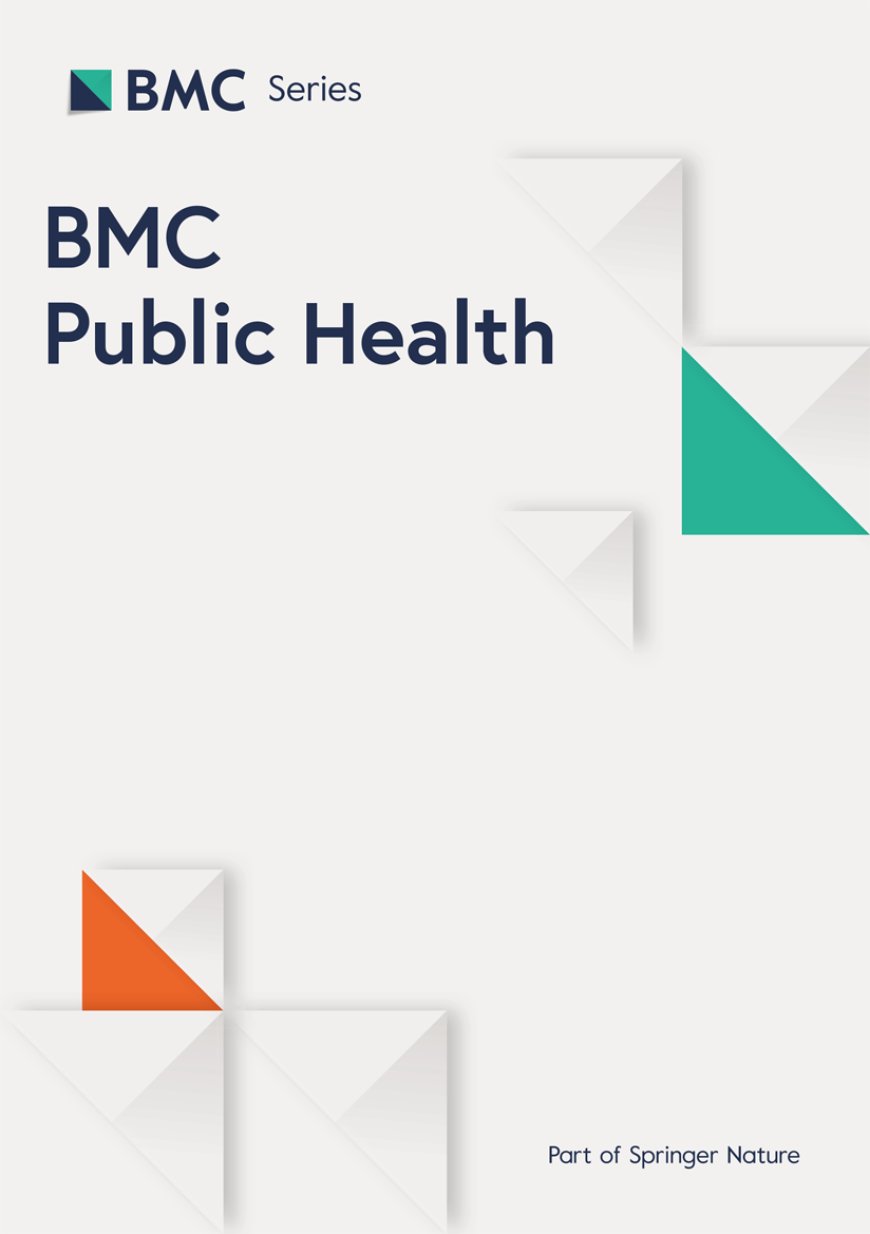Cervical Cancer Awareness Among Urban and Rural Women: A Comparison
Explore the differences in knowledge, attitudes, and behaviors related to cervical cancer among women living in urban and rural areas. Learn about the impact of cultural beliefs, access to health services, and regional disparities on cervical cancer prevention and screening.

Although cancer rates have been rising, it remains a significant health issue affecting all levels of society worldwide. Cervical cancer, a preventable and treatable form of cancer, is a leading cause of death among women globally. In 2020, over 600,000 women were diagnosed with cervical cancer, with the majority of deaths occurring in low-income countries due to lack of awareness and limited healthcare access. Cervical cancer ranks as the 4th most common cancer in women, following breast, colorectal, and lung cancer.
In low-income countries, one-third of women diagnosed with cervical cancer succumb to the disease, with many cases going unscreened. The incidence of cervical cancer varies globally, with significant decreases seen in Western countries attributed to early screening and treatment. The World Health Organization launched the Cervical Cancer Elimination Programme in 2020, aiming to vaccinate 90% of girls against HPV, screen 70% of women aged 35-45, and ensure 90% of diagnosed women receive treatment by 2030.
Differences in healthcare access, knowledge, and cultural beliefs impact cervical cancer outcomes, particularly between urban and rural women. Cultural factors, such as fear of healthcare providers and privacy concerns, can hinder screening participation, especially in Muslim societies. Factors contributing to cervical cancer vulnerability include HPV infection, contraceptive use, tobacco use, and low socioeconomic status. Regular screenings are essential for early detection and prevention.
In Turkey, HPV-DNA tests are conducted every 5 years for women aged 30-65 as part of cancer screening programs. Disparities between urban and rural areas in healthcare access and cultural beliefs play a significant role in cervical cancer awareness and prevention. Understanding these differences is crucial for policymakers and researchers to enhance health services and education, especially for Muslim women.
According to the source: BMC Public Health.
What's Your Reaction?
 Like
0
Like
0
 Dislike
0
Dislike
0
 Love
0
Love
0
 Funny
0
Funny
0
 Angry
0
Angry
0
 Sad
0
Sad
0
 Wow
0
Wow
0























































































































































































